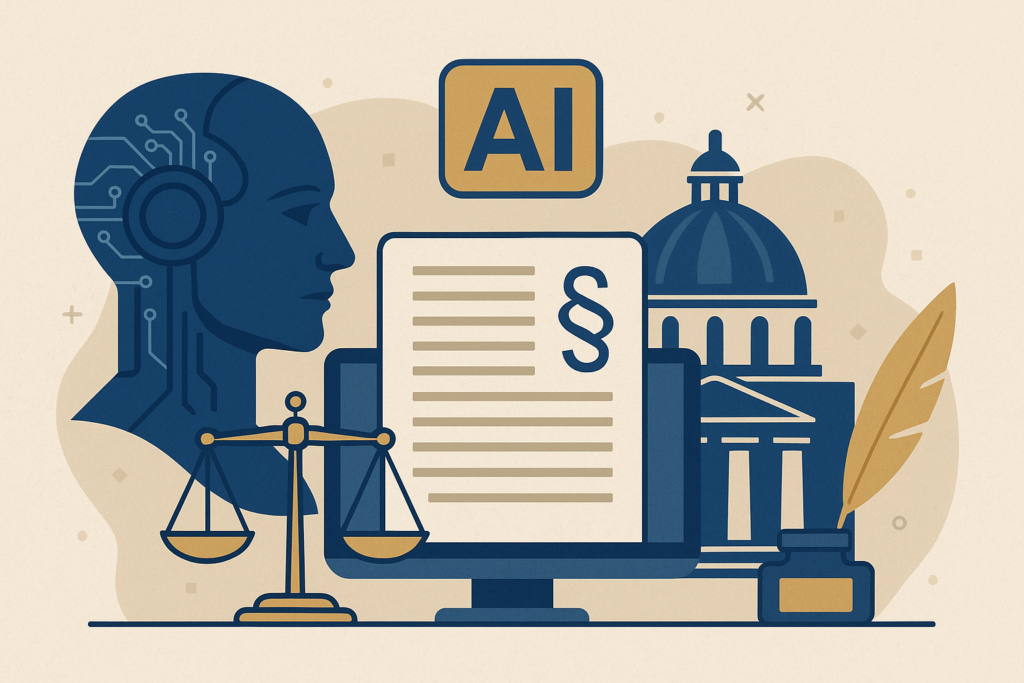In a significant technological leap, the United Arab Emirates (UAE) has announced the launch of an Artificial Intelligence-powered legal system.
This system will:
- Assist in drafting new laws
- Update existing legislation more efficiently
- Analyze legal texts for inconsistencies and overlaps
- Suggest revisions and improvements based on historical data
By introducing AI, the UAE government aims to:
- Save up to 70% of the time typically needed to write and update laws
- Increase legislative precision
- Respond faster to the evolving needs of society and business
The project aligns with the UAE’s broader goal of becoming a global leader in artificial intelligence by 2031.
How the AI Legal System Will Work
The AI platform will operate under the supervision of legal experts and policymakers.
It is designed to:
- Understand complex legal language and historical legislative patterns
- Recommend optimized wording for clarity and consistency
- Flag outdated clauses that require updating
- Predict the impact of proposed laws on existing regulations
AI will not replace human lawmakers but will serve as a powerful tool to support and accelerate their work.
Why Speed Matters in Modern Lawmaking
In today’s rapidly changing world, traditional methods of drafting legislation can often be slow and cumbersome.
Challenges include:
- Lengthy bureaucratic reviews
- Coordination between multiple government departments
- Difficulty in keeping laws updated with fast-changing technologies like blockchain, AI, and cybersecurity
The UAE’s AI-driven approach aims to solve these problems by making the legislative process:
- Faster
- More transparent
- More responsive to citizens and businesses
Broader Implications: A Model for Other Countries?
If successful, the UAE’s model could inspire governments around the world to explore AI-driven legislative processes.
Potential benefits include:
- Reducing administrative backlogs
- Creating more agile, future-proof laws
- Enhancing public trust through faster and clearer legal updates
However, experts also caution that human oversight remains crucial to ensure that AI-driven laws maintain ethical standards and democratic principles.


